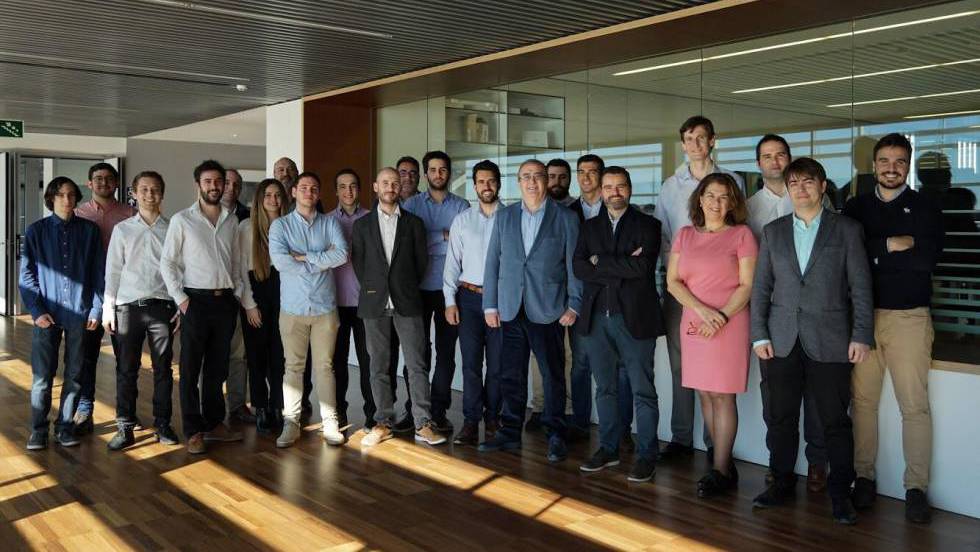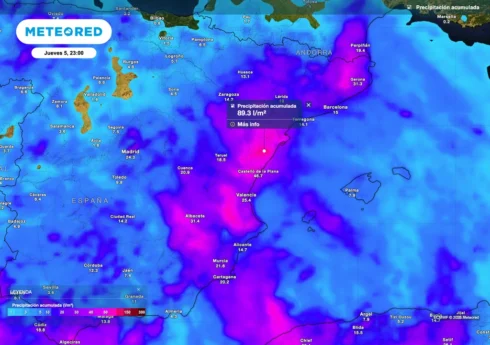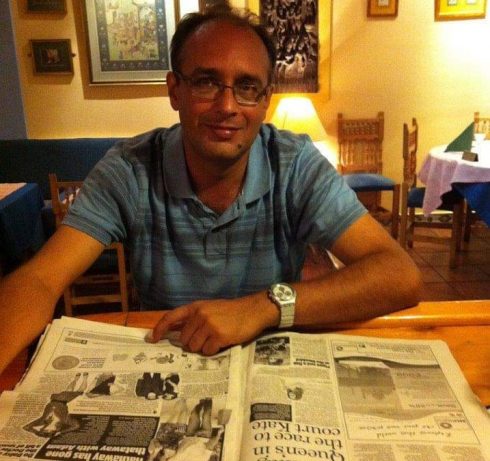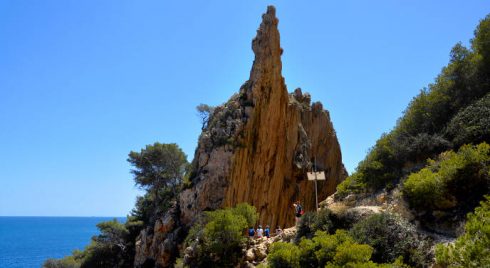A VALENCIAN consortium is flying the flag for Spain in the race to revolutionise high speed rail travel as it debuts its hyperloop project to the rest of the world.
Zeleros has revealed that it will be bringing a six metre life size replica of its hyperloop concept to the Dubai Expo later on this year in its first overseas public appearance since its development.
Born from a 200-year old idea by British inventor George Medhurst, re-born in 2015 by tech mogul Elon Musk, a crack team from the Polytechnic University of Valencia rose to the challenge to compete in an international competition to bring the concept to reality.
The idea of the hyperloop concept is to create a method of transport that utilises vacuum technology to propel passengers and goods at speeds of over 1,000kmph in a sealed ‘tube’ using magnets that levitate the capsule four inches off the ground.
Powered exclusively by electricity, the technology is being heralded as the future of rail transport, is environmentally friendly and hopes to connect Europe’s major cities with a travel time between Barcelona and Paris of under one hour.
The project has received a handful of high profile backers, including Airbus, ArcelorMittal and Red Electrica and has seen direct support and collaboration with the central government of Barcelona.
Ximo Puig, president of the state, has been vocal in his support for the project, and will accompany the team to Dubai in October.
“When I first heard of the project I was skeptical due to financial and logistical issues, but now I fully back the project and can see it coming into action by 2030.”
“It will put both Barcelona and Spain on the map in terms of technology and also at the forefront of green transport.” Puig added.
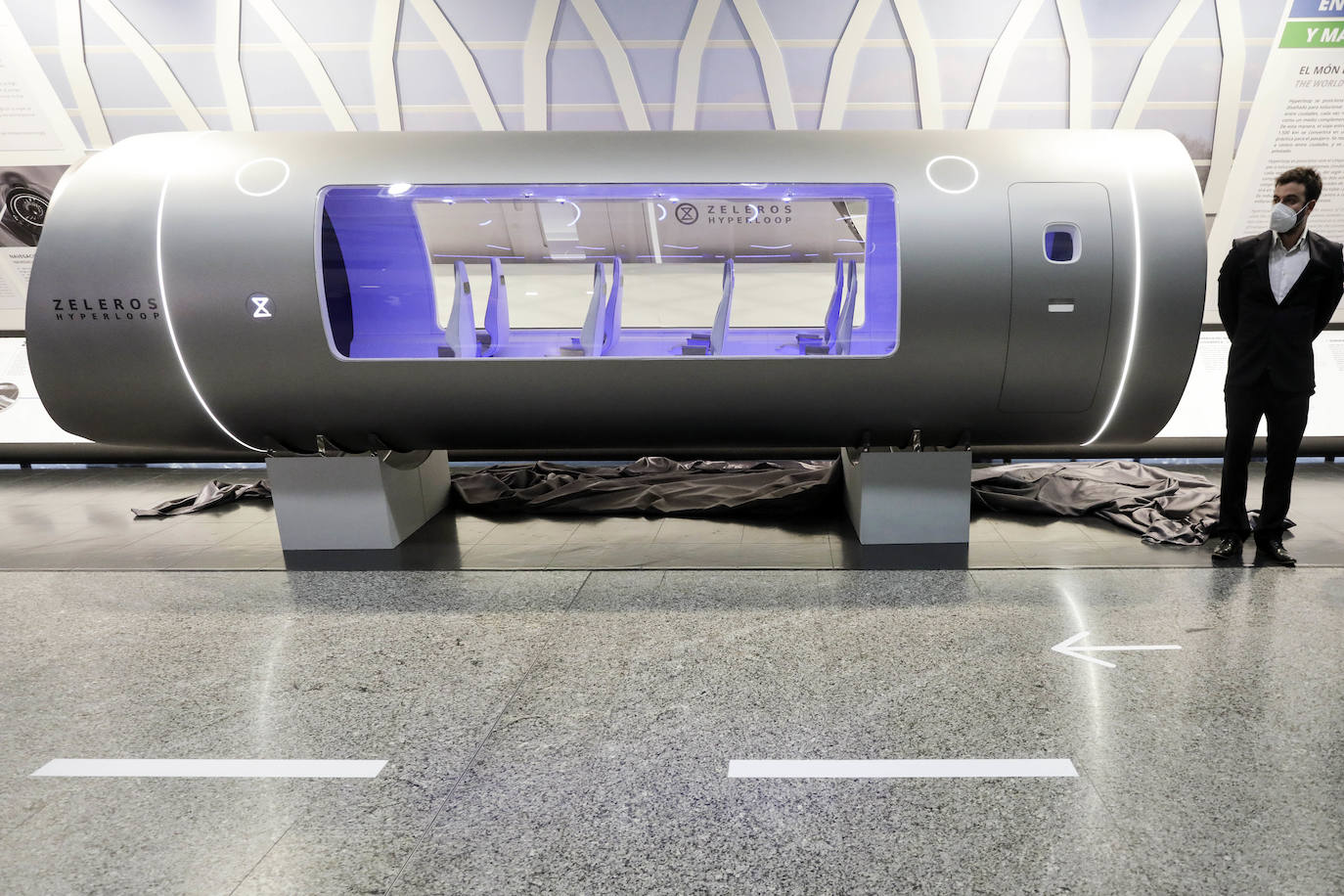
The project has snowballed since three university friends and engineering students at the University of Valencia responded to Elon Musk’s global challenge to create prototypes of hyperloop designs.
The project caught the eye of Musk who awarded the university team ‘best design’ in the ceremony held in Utah, USA , and invited them to join the ranks of five other international teams tasked with the hyperloop development.
The university team quickly gained more members thanks to its high profile victory and transformed into Zeleros, Spain’s official representative in the hyperloop sphere.
“We are a startup competing in a great league with great players,” says David Pistoni, CEO of Zeleros.
Zeleros has been working tirelessly with other European hyperloop teams in France, Poland and Holland to standardise the technology to avoid complications with differing tolerances across different countries.
They have also secured financial backing from Brussels to develop the project, which has added to the millions of euros invested by private firms and from countless fundraising campaigns.
Zeleros is hoping that routes will begin for goods in 2023-24, while the team is currently constructing the world’s longest hyperloop test track, a two kilometre straight section of tube that will be used to test the revolutionary technology.
Click here to read more Spain News from The Olive Press.

